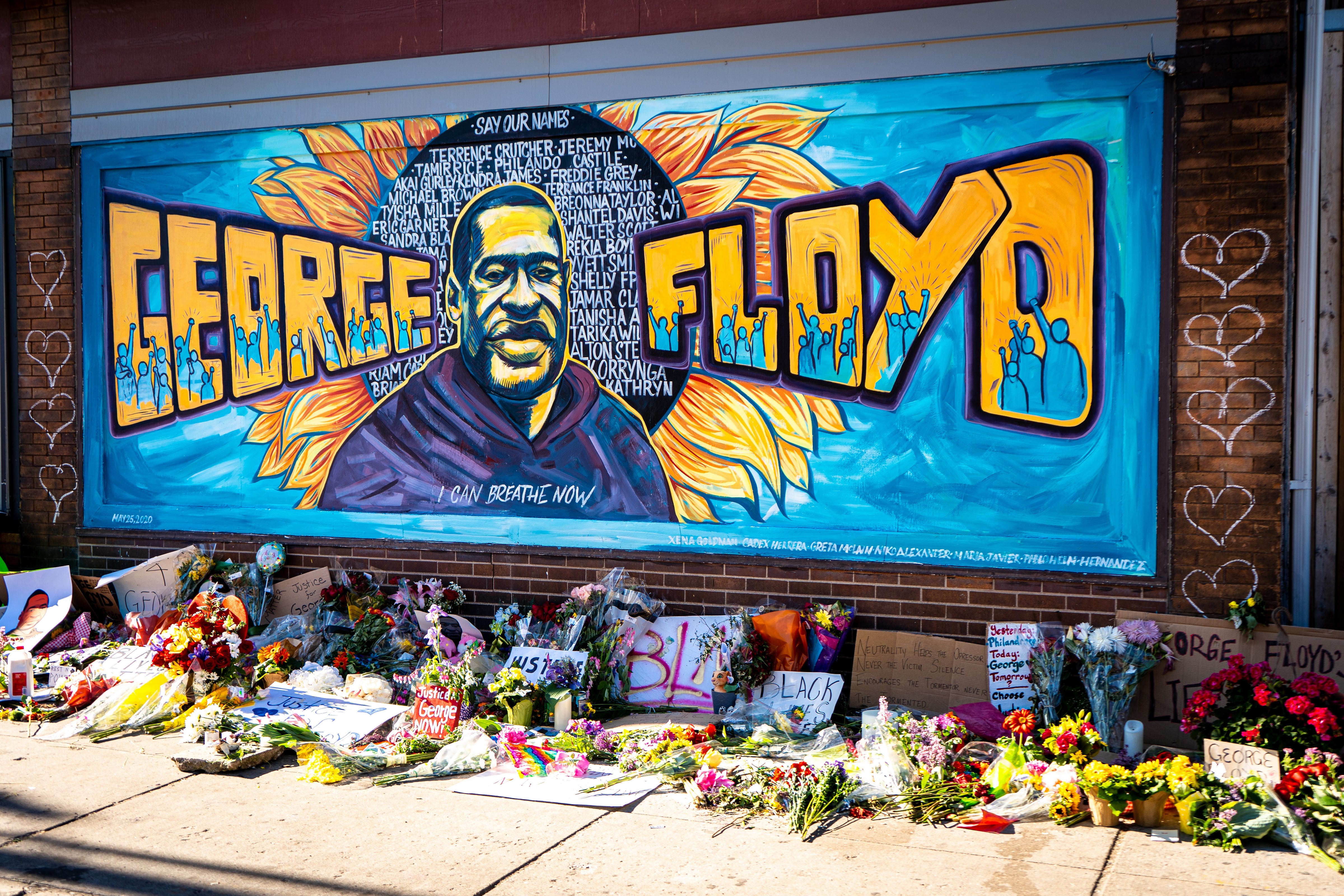

These are tumultuous times indeed. People the world over are uniting, fueled by generations of systemic racism and injustice that has deeply disfavoured black men and women of not just America, but across the globe. They are gathered under the banner of a righteous cause, rallied together by yet another murder of a black American citizen, crying for equality, fairness, and justice. And they are frustrated, as they rightfully should be. It is fundamentally imperative their voices are heard — now and loud — because anything less would be complicit to a continued tyranny. People know this. And people are out in the streets in force. But is this enough to bring about changes of lasting legacies?
Before I continue, I must first admit my blindspots where they painfully exist. I am well aware that writing on this topic is outside my circle of competence. I am not American, and I have no idea what it is like to walk in the shoes of my fellow black brothers and sisters. Any semblance of racism that I have experienced (being called chinky eyes and small dicked) pales in comparison to the ground-up, bred-in-the-system doses of racism that black people have to experience day-in, day-out.
Yet I must speak up because if I have learned anything from my monthly Roundtables with my friends, conversation is conversation. And we need more of it.
I cannot help but feel a degree of hopelessness for the exploding protests and riots raging across America. Not because of the why, but because of the how.
Very recently, I learned about an important chemical concept called ‘Activation Energy’. I read about it from Shane Parrish’s The Great Mental Models series, which advocates multi-disciplinary approaches to problem solving.
In chemistry, activation energy is required to not only initiate a reaction, but also sustain it to the end for real transformation. The breaking down of old chemical bonds and formation of new ones is a critical juncture, because once they are formed, it is impossible to revert back to the previous state. Otherwise, the reaction will not complete, and there is a guaranteed return to the norm. Think of high temperatures being needed to accelerate collisions of water molecules, where it eventually converts to gas. If there’s not enough total activation energy, that water becomes just hot enough to cook our ramen noodoes, but nothing more. It will even eventually return to its normal state of cool water over a long enough time frame.
Take this chemical approach and apply it to people, and you can see some interesting parallels. Activation energy is just as necessary of a factor here as at the molecular level. Most people think forward enough for activation energy to initiate a change, but a rare few plan for total activation energy to see through real, transformative change.
An easy example is habit building: it is easy to find the activation energy required to initiate a change (“I am not happy with my weight. I will start running daily!”). But who thinks of creating systems in place to sustain this habit, like moving to a location well-suited for jogging, finding accountability partners to keep you in check, devising contracts with yourself (no social media until I run 3 laps around the neighbourhood), or fundamentally rewiring your principles and values around healthy living? Without devoting energy to considering what systems, mindsets, frameworks need to be put in place to affect change (much less the actual implementation of said systems), untold amounts of friction works against you. The old bonds return.
How is any of this relevant to the current protests?
